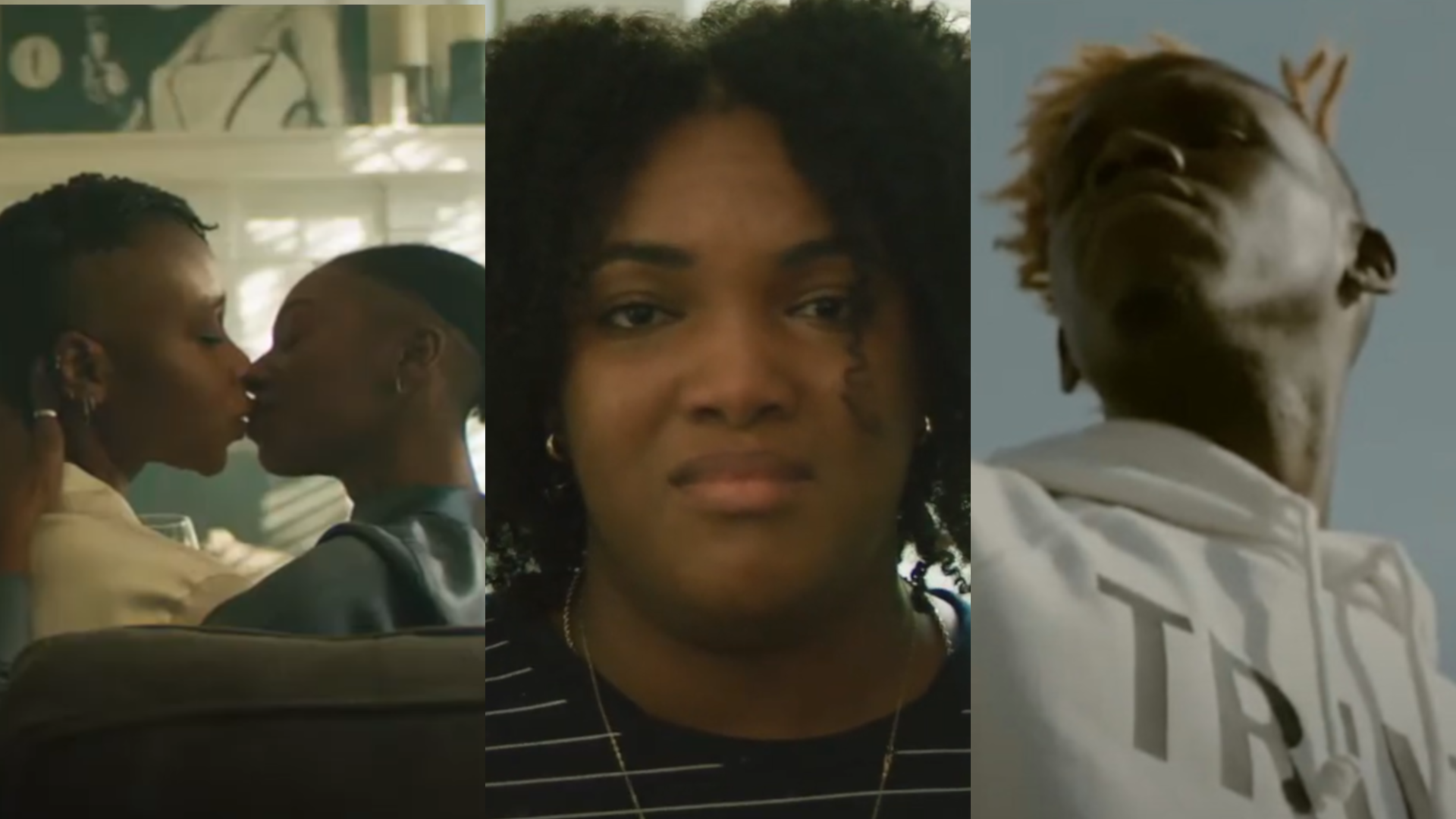
Celebrating Queer, Black art and spotlighting the never-ending problem of police brutality? Sounds like a more than deserving project.
When Oscar-nominated director Ava DuVernay launched ARRAY in 2010, she envisioned an independent distribution company celebrating Black art and life. And now in 2021, it looks like her dream has become a reality. Now, ARRAY is a collective of black talents and executives who focus on “the amplification of independent films by people of color and women filmmakers globally,” according to their website.
Now, as Deadline reports, ARRAY’s most recent project is the release of W.J. Lofton’s Breonna Taylor-inspired visual poem Would You Kill God Too? The visual poem questions Jonathan Mattingly, Brett Hankison and Myles Cosgrove of the Louisville Metro Police Department who fatally shot Taylor in her Louisville, Kentucky apartment last year.
https://www.instagram.com/p/CJY9SgzFXXi/
Atlanta-based creative Lofton, who is Black and queer, is the second artist commissioned for ARRAY’s Law Enforcement Accountability Project (LEAP), which is a fund founded after the murder of George Floyd to create art challenging police brutality.
“W.J. Lofton’s powerful visual poem Would You Kill God Too? is a clarion call for justice in the infuriatingly tragic case of Breonna Taylor. At the center of W.J.’s poem are the names of the three police officers who killed her: Mattingly, Hankison and Cosgrove,” said ARRAY Vice President of Public Programming, Mercedes Cooper. “Within this work, the artist demands visibility and accountability, making certain that her killers will not go unnamed and unknown.”
“Paying attention and telling the truth about what has happened in America, without the distortions of the white imagination can absolve this country from the burden of innocence,” said Lofton in a statement. “My poetry confronts the oppressive systems which not only disregard marginalized folk, but kills them as the privileged class continue on with their lives.”
He then added, “By interrogating the interruptions caused in the livelihood of Black Folk, I connect a trend of perseverance, joy, and audacity from the past, present, and Black futures. By telling the truth I disrupt the lie that this nation is innocent. The blood of Black, queer, trans, indigenous, and women folk saturates this country’s soil and we must never be quiet about that.”
You can watch the visual poem below.
Source: Deadline,
